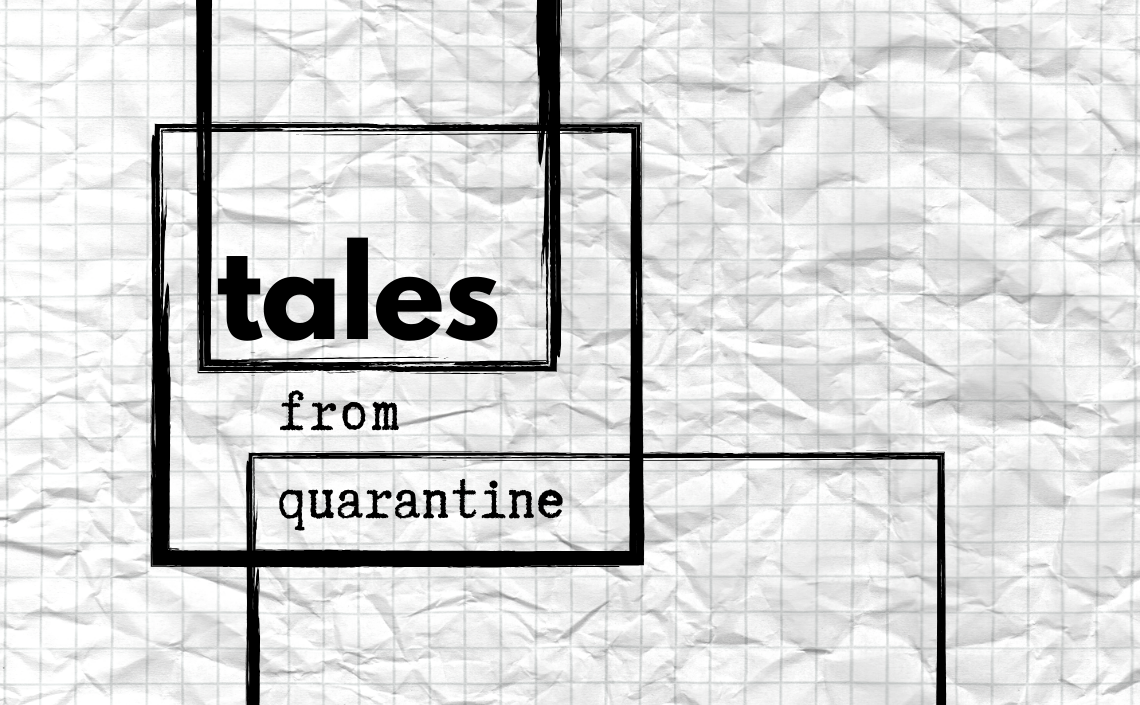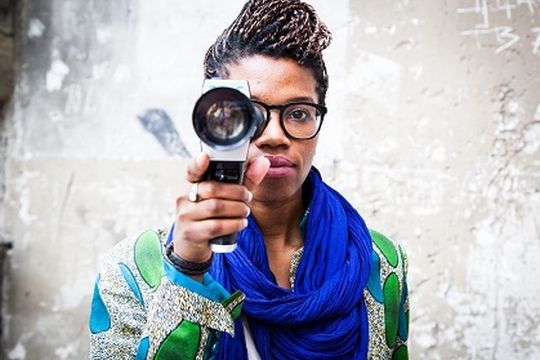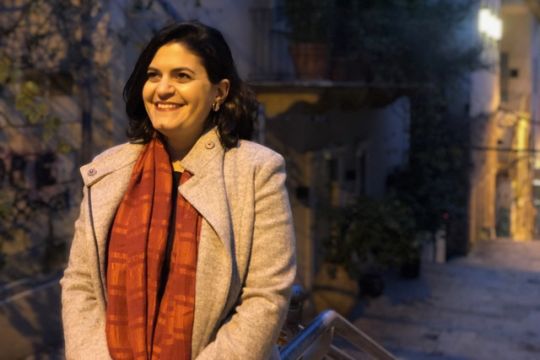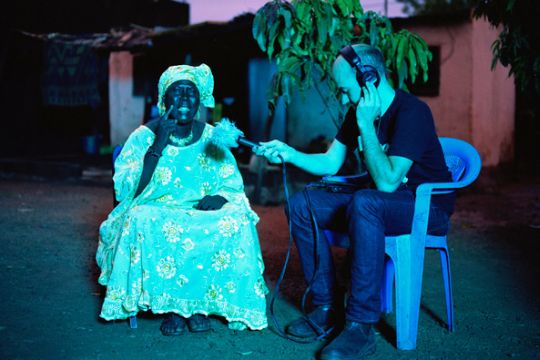Rama Thiaw, Filmmaker
After spending many weeks in Europe working on my films, I returned home to Dakar in March as the borders began closing. As a Senegalese director, COVID-19 did not prevent me from continuing my creative process, since I took advantage of the general slowdown to isolate and write. Scriptwriting is a process that requires solitude, and I must say that in the first few weeks, COVID-19 was beneficial to me.
It was in the unknown length of the lockdown that I started to feel the adverse effects of the pandemic, especially on my work schedule. Many off my shoots were postponed to a later or unknown date due to border closures and a total lack of transparency in international and national political decisions. For one of my next films about reggae, I have no clue when the musicians can resume their activities and tours, and therefore I don't know when can film them and finish this film.
The postponement of cultural activities and events has had a direct impact on my income; in Senegal, no employment means no salary. The head of cinematography here accompanied by some directors, pleaded our case to the Minister of Culture, to release an emergency fund in the face of this extraordinary situation. To this day, we are still waiting for a substantive response from our authorities.
Apart from the concrete problems, the other issue is the psychological and emotional impact of the pandemic. How to manage uncertainty? It is true that as freelancers in the art world, we are used to fragile work environment. But now with the pandemic, we have additional uncertainties. With the closure of many borders, roads and airports, the world suddenly stopped being connected, stopped being one big "global village". With one certainty: we did not know how long this closure, this withdrawal into ourselves, would last. And this is hard for me, as a "nomad and explorer of the world."
Emotionally, I have experienced the last few weeks as an attack on one of my fundamental rights – my freedom. My freedom to move around, to have my own schedule and to dispose of my life as I deem fit. Here in Senegal, we haven't had total confinement but rather a state of emergency with a curfew from 7pm to 8am. All hotels, restaurants, bars, cultural places, goods markets, schools, places of worship had to be closed as well for an unknown period.
Those who dared to go out during the curfew were beaten by the police and or put in jail. Suddenly moving at certain hours became criminal. And those political powers that are supposed to guarantee my rights regarding my freedom became the same ones that in the name of my "good health" imprisoned me in space and schedule that I did not choose. This made me think a lot about prison conditions. For my part, I share Angela Davis' vision on this subject entirely. I am against the very existence of prisons. I much prefer public interest work, rather than imprisonment. The debate on systematic incarceration must also be one of our priorities in the post-COVID-19 world.
The management of the crisis has also explicitly demonstrated that, in the face of death, some lives are more valuable than others. Especially when one considers malaria, the viral disease that kills an average of half a million people every year, mainly in the global south. Yet for decades, no vaccine has been created. No borders have been closed. Nor has the global economy stopped. While for COVID-19, yes. Yes, suddenly for a few hundred thousand deaths in the West, the whole world came to a standstill; with urgency for the pharmaceutical companies to find the vaccine. In this, I experienced a great injustice.
And as long as some lives are more valuable than others, we cannot envisage a better world post COVID-19. But I have hope when I see what is happening with the #BlackLivesMatter movements around the world. I am hopeful when I see that the younger generations are ready to fight for more equity in the world and the environment is no longer the fifth wheel.
I hope that the debate on the end of white patriarchal supremacist capitalism will conclude along with the virus. And that together we can think of other economic alternatives: anti-globalisation and against this dogma of financial growth at any cost. We need to discuss the failures of our modern democracies so that they can become truly participatory instead of continuing in the name of some tiny financial elite, mostly white, old, male; without any vision for our shared humanity.
Yes, I expect a lot from this post-COVID world, where culture has finally shown its inescapable importance. None of us could have survived this imposed confinement without books, movies, music, etc. None of us could have survived without cultural nourishment, and that is what makes us resilient, our humanity.
_____________________________________________________________________
Rama Thiaw is a Mauritian-Senegalese writer, director and produce. After a Master's degree in International Economics at the Sorbonne University, she chose a career in cinema and graduated at the University of Paris 8. The Revolution Won't Be Televised (2016) is her second documentary feature premiered at Berlinale winning the Fipresci Critics Prize and was part of WOMEX 16. Thiaw also organised the first edition of Sabbar Artistiques (2019), an international women's festival around questions of feminism and African identity.




